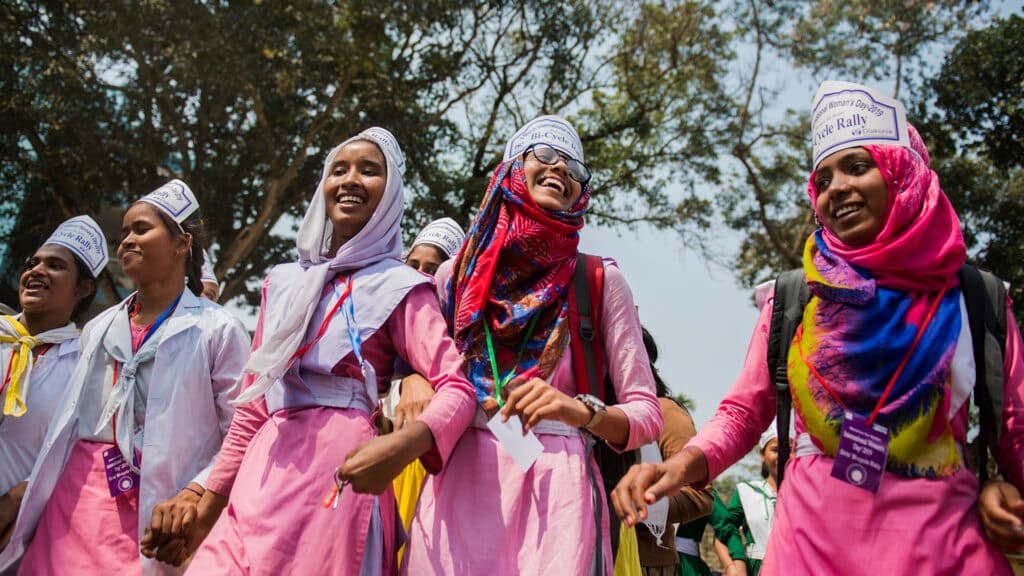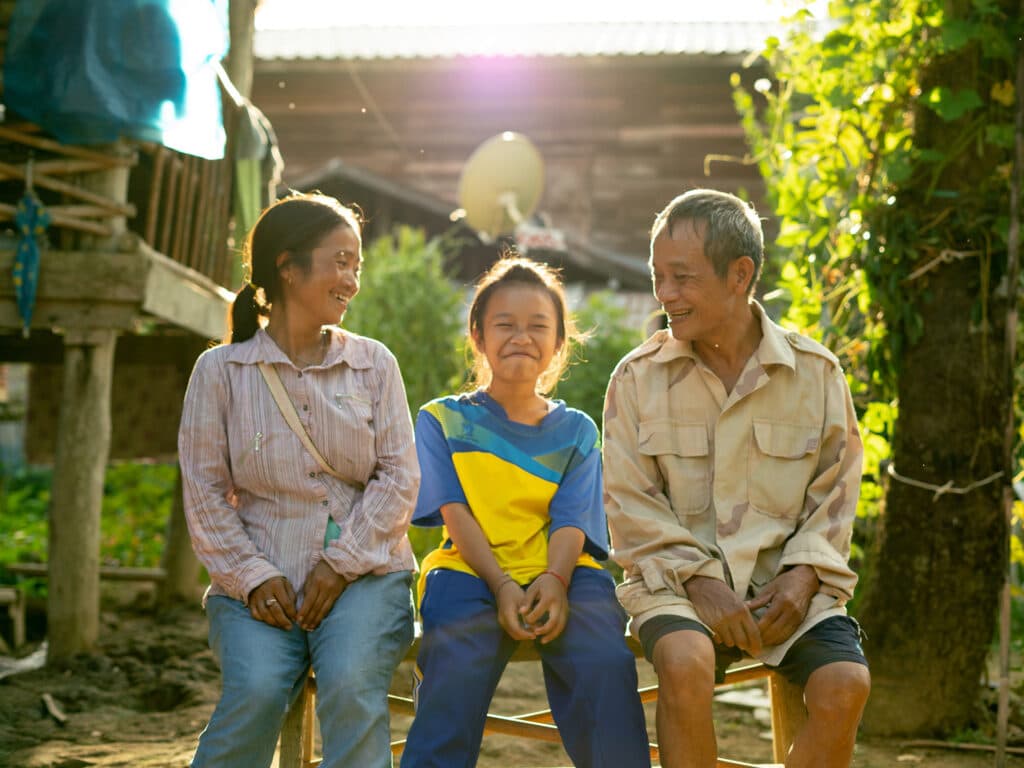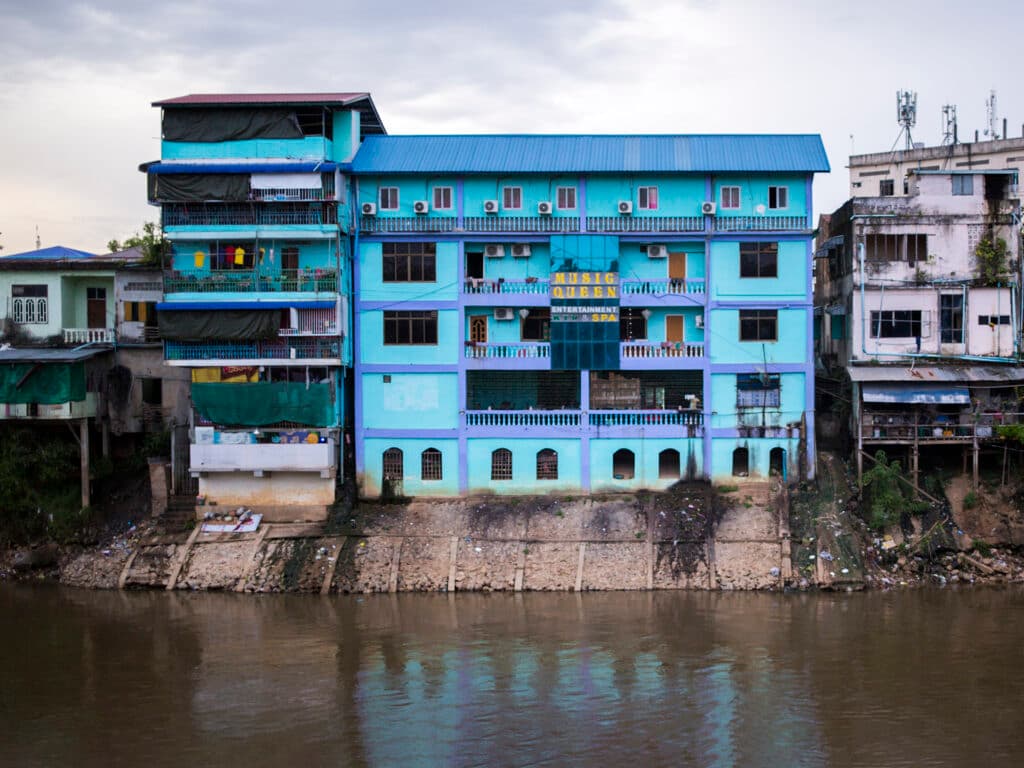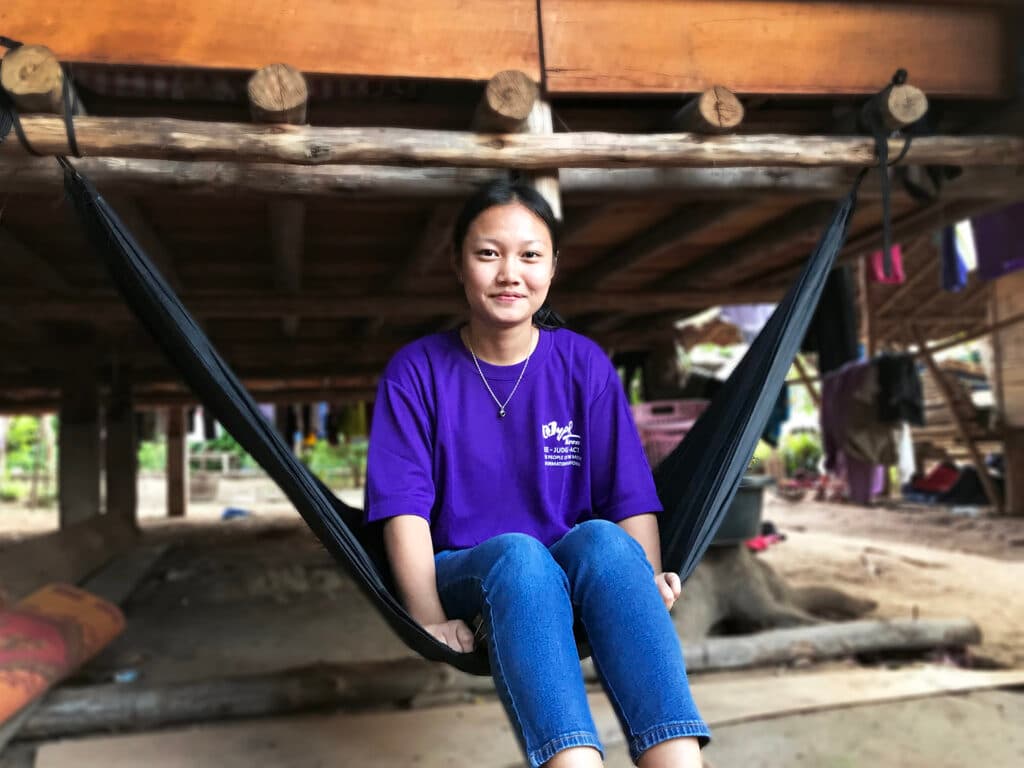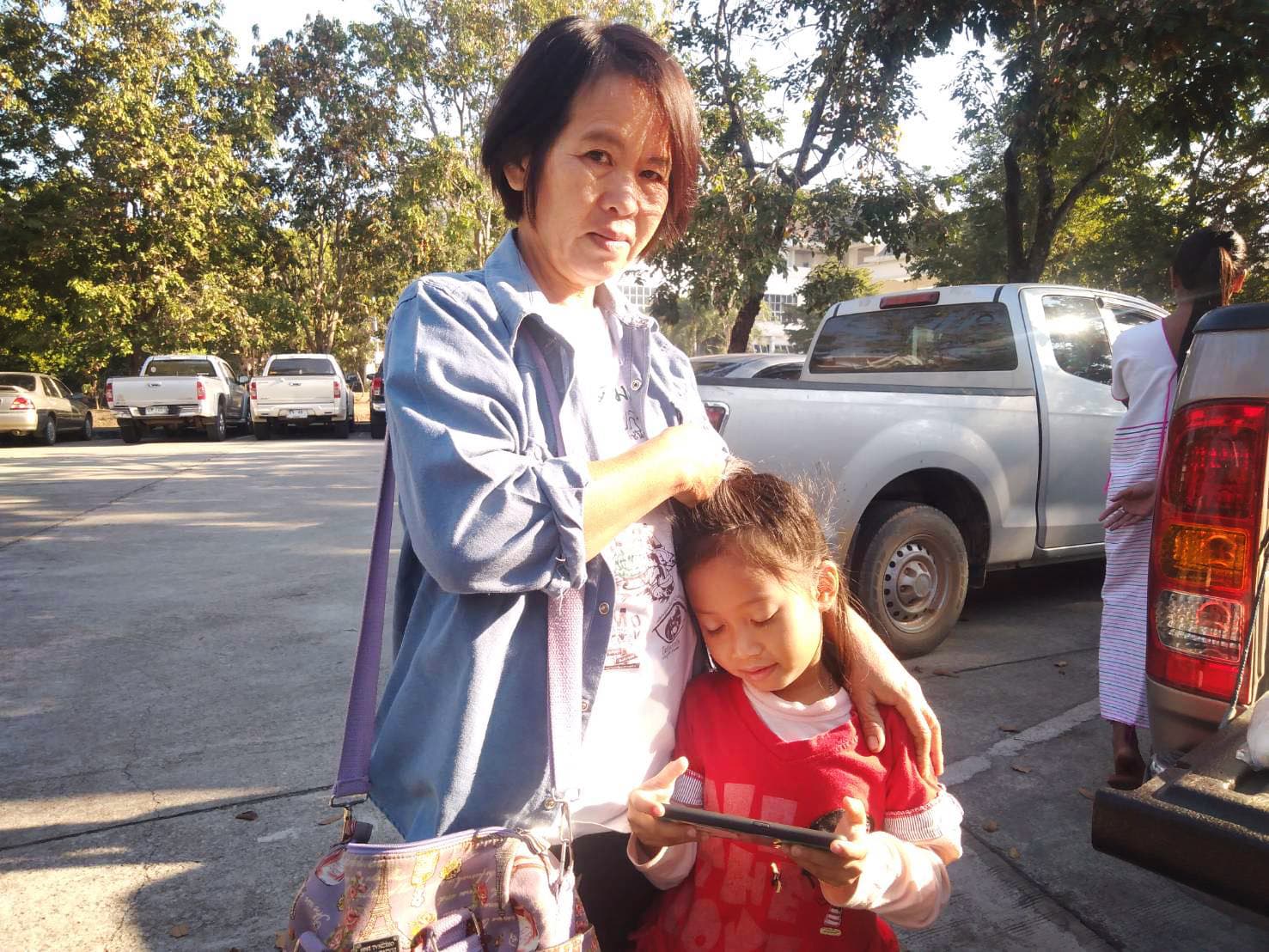
Fight for the land justice in Thailand
Saengduen Tinyot plants rubber trees for a living, but her life changed when she was prosecuted for illegally cultivating land.
Saengduen’s case is an example of how the government uses the green and environmental discourse to justify their unfair policy, says the organization People’s Movement for a Just Society.
The needs for conservation and human rights should not be kept separately.
For two generations, Saengduen Tinyot and her family have planted rubber trees for a living in northern Thailand, Lampang province. However, cultivating rubber for a living on her ancestor’s land was no longer possible after the declaration of the Forest Reclamation policy in 2014. This order led to redrawing forest boundaries and hundreds of evictions. Following the announcement, Saengduan was accused of encroaching on the forest and was prosecuted for illegally cultivating four acres of land in 2018.
Her life has changed since then because she has to fight for justice and land rights. The court of first instance initially dismissed her case, considering the evidence that she had been farming in the area before the announcement of a reserved forest. However, the appeal court overruled and found her guilty with one-year imprisonment and no parole. The court ordered her to pay 400,000 Thai Baht (around 11,000 US Dollars) with interest at 7.5 per cent calculated annually from 2018 and asked her to leave the land and demolish all her belongings immediately.
“I feel I do not get justice. I am powerless and under the threat of authority. I would rather die than be sentenced to jail unfairly,” Saengduen said with a tear.
Thailand has set up the goal since 1975 to increase its forest cover to 40% of the total land area from over a third. The Forest Reclamation order was part of the plan to end encroachments and conserve the country’s natural resources.
"Saengduen’s case is an example of how the government uses the green and environmental discourse to justify their unfair policy. The poor and ethnic groups became the victims of land grabbing and environmental problems. In the past eight years, the government agency has filed 34,692 lawsuits against the villagers living near the forest", said Phatchara Kamchamnarn, a committee member of the People’s Movement for a Just Society’s secretary team.
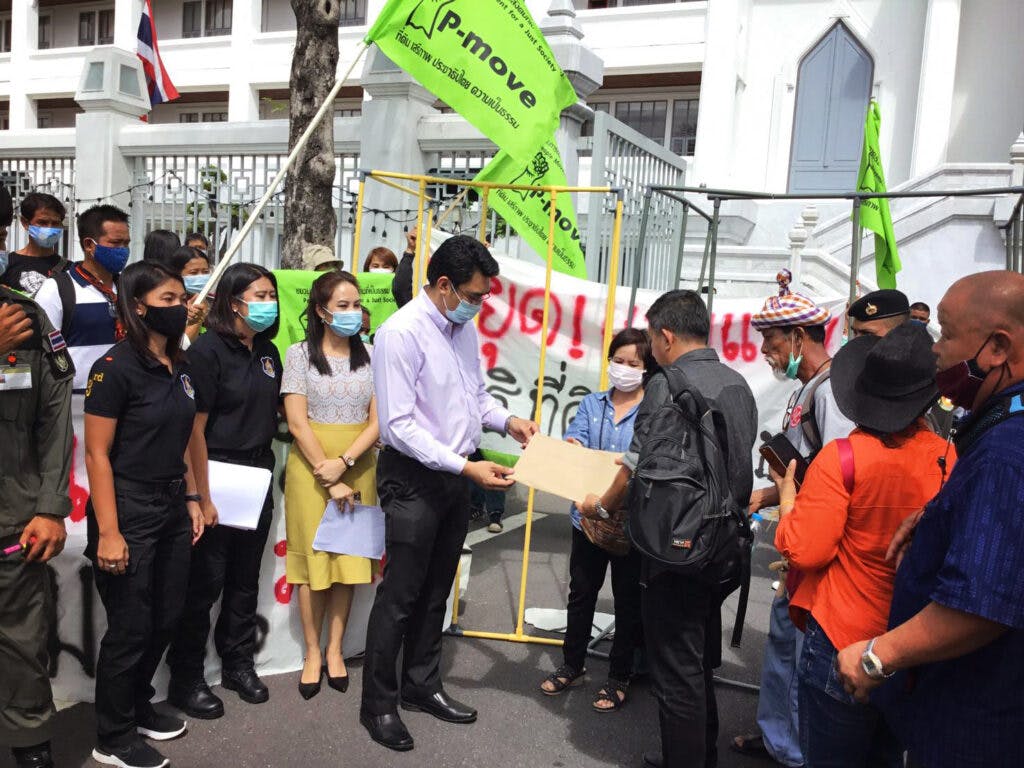
People’s Movement for a Just Society (P-Move)
The People’s Movement for a Just Society (P-Move) is a Thai civil society group comprising eight networks. Its mission is to promote land rights, sustainable land and natural resources management, social welfare, human rights, and democracy. The network has been working with Diakonia in Thailand since 2021 to support land rights security for ethnic minorities and landless communities and enable them to access rights to land and natural resources.
The People’s Movement for a Just Society, or P-Move, has been involved in a negotiation to help Saengduen resolve the forest reclaim from the government. At the same time, the organization is collaborating with its networks to push an amnesty bill for people affected by the implementation of land and state forest policies. The mentioned bill, which is currently in the drafting stage, aims to dismiss unfair lawsuits and restore rights to the people.
Access to land rights and land equality situation in Thailand are worrisome. Around 76 per cent of the Thai population does not have a land title deed, according to the Thailand Office of the National Economic and Social Development Council. Additionally, over 62 per cent of the land in the country belongs to the top ten wealthiest groups, while the most venerable and poorest group only has access to 0.1 per cent of the land. The forest has become the conflict zone between the government, private companies, indigenous people, and farmers for several years.
However, the needs for conservation and human rights should not be kept separately.
“Diakonia is committed to supporting the operations of its partners and networks through various mechanisms within the legal frameworks to enhance access to land rights and preserve the cultural areas of vulnerable groups. Having human rights principles as the core of our work, we hope to create equality, justice and sustainability that leaves no one behind,” said Bandit Yuenyongtham, Diakonia’s Thailand Country Director.

